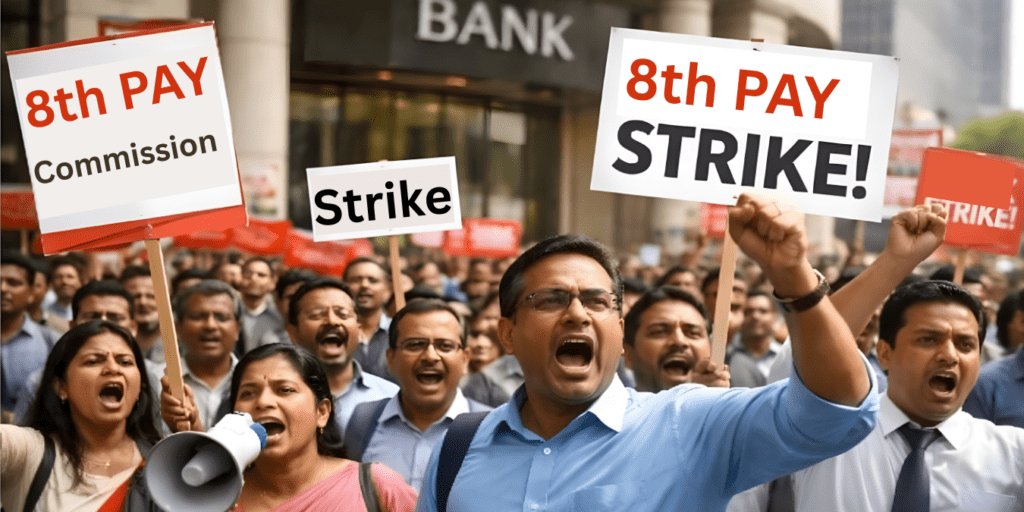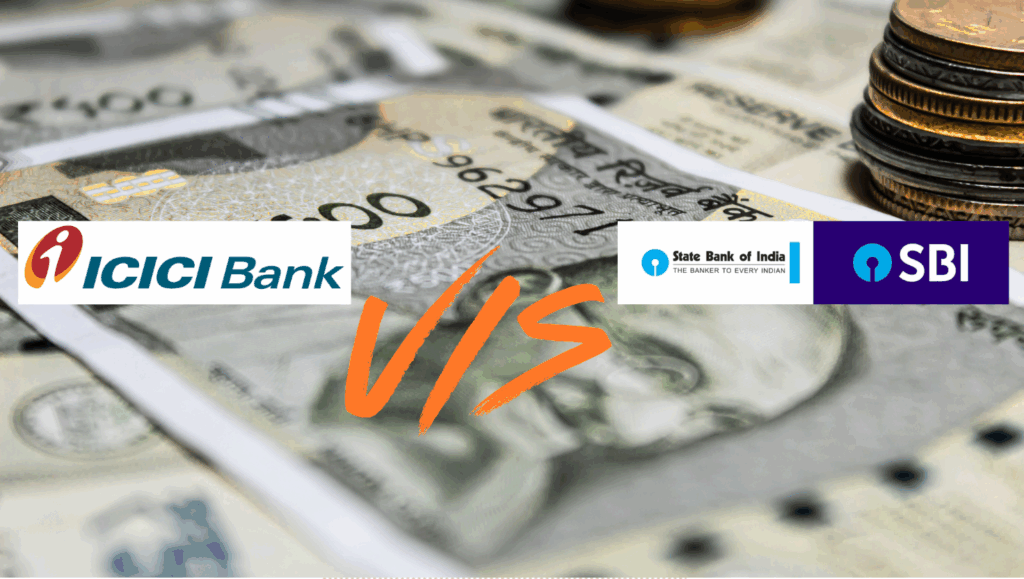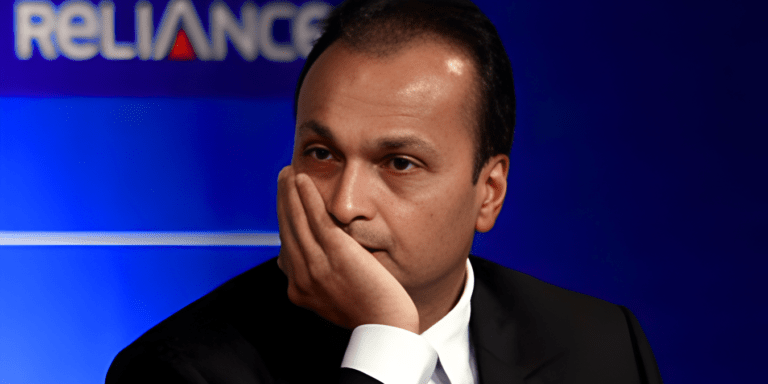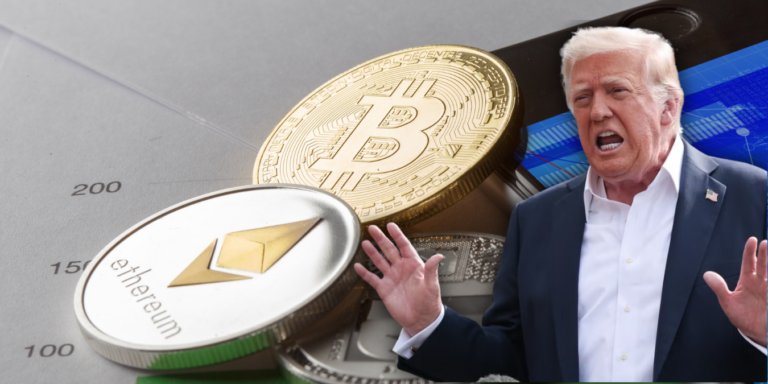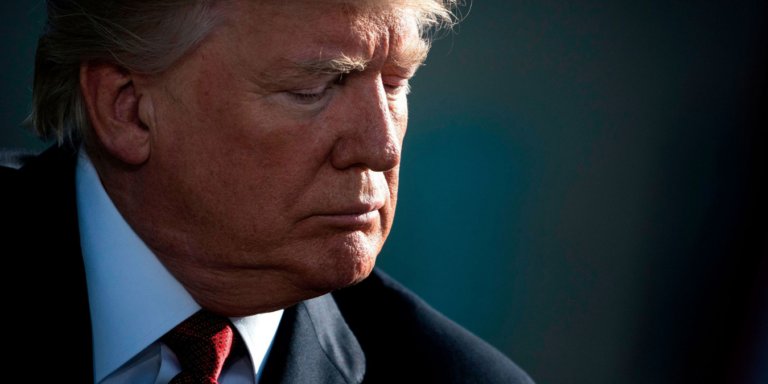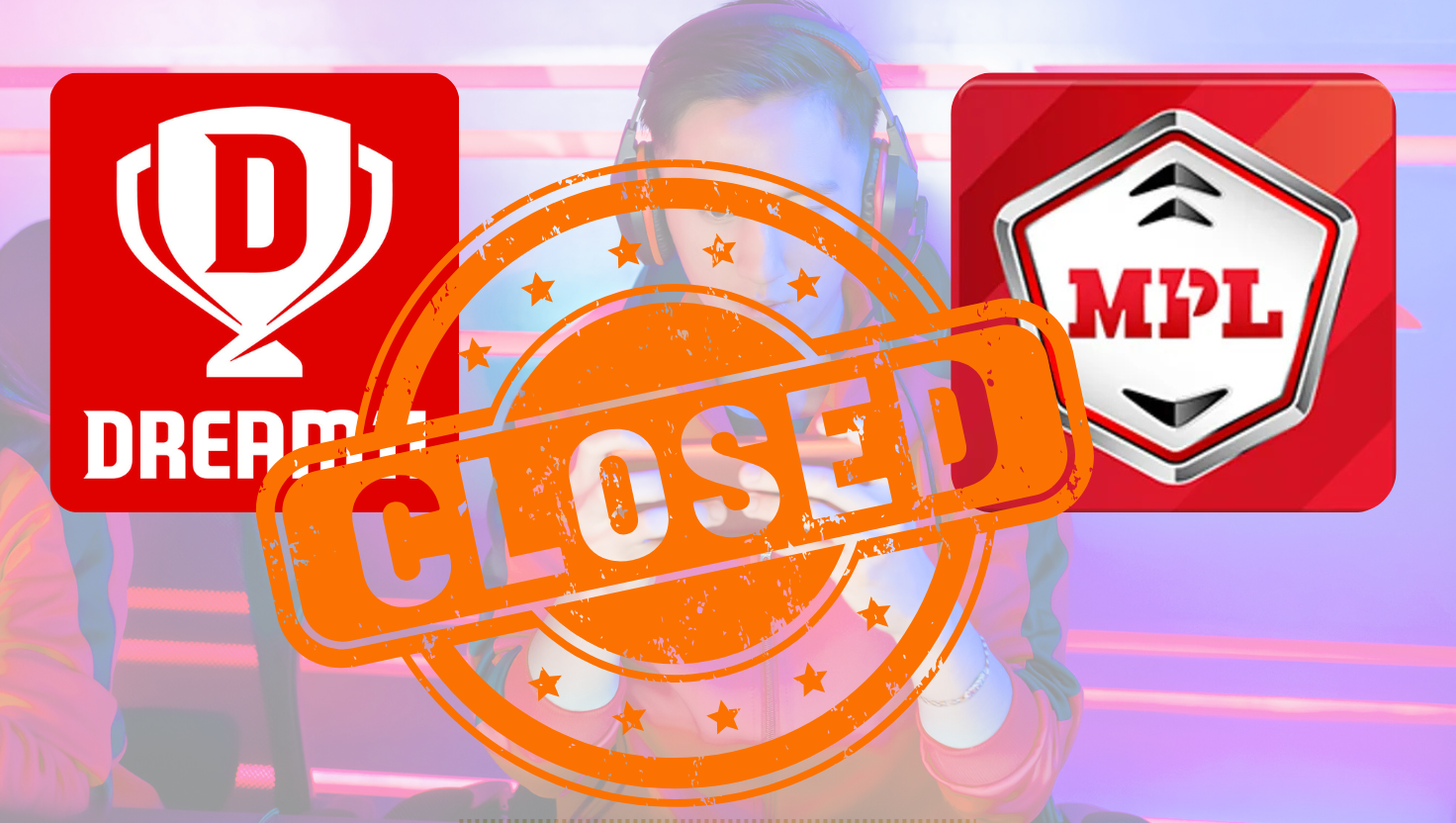
Online Gaming Bill 2025 bans real money games! MPL suspends cash games, Dream11 faces shutdown, and 45 crore users are left stunned. Will e-sports save the day, or is this game over for fantasy giants? With ₹20,000 crore lost yearly and 200,000 jobs at risk, the suspense is electric.
India’s digital landscape, pulsating with the thrill of fantasy leagues, rummy showdowns, and poker battles, has been rocked by a monumental change. Imagine logging into your favorite gaming app, heart racing for a quick win, only to find it gone—vanished overnight. The Promotion and Regulation of Online Gaming Bill 2025, passed by India’s Parliament on August 21, 2025, has turned this scenario into reality. This landmark legislation bans all real money gaming, sending shockwaves through a $3.8 billion industry that captivated 45 crore users.
What happens when the games promising quick fortunes are outlawed? Will industry giants like Dream11 and MPL survive the storm? Reports confirm MPL’s immediate suspension of cash-based games, while Dream11 is bracing to shut its real money operations, pivoting to free-to-play models. As search terms like Online Gaming Bill 2025 India, real money gaming ban, Dream11 shutdown 2025, and MPL suspension, let’s unravel this suspenseful saga and explore what’s next for India’s gaming ecosystem.
Parliament’s Bold Move: The Dawn of the Online Gaming Bill 2025
Picture a stormy session in Parliament, with opposition protests echoing through the halls. Amid the chaos, the Rajya Sabha swiftly approved the Online Gaming Bill 2025, mere hours after the Lok Sabha’s nod on August 21, 2025. Piloted by Union IT Minister Ashwini Vaishnaw, this legislation aims to shield India’s youth from the grip of gaming addiction, a growing menace linked to financial ruin and psychological distress.
The bill is clear and uncompromising: no deposits, no wagers, no cash rewards. Games like fantasy sports, rummy, and poker, which thrived on monetary stakes, are now outlawed. Violators face severe penalties—up to three years in prison and fines reaching ₹1 crore. The government’s reasoning? Real money gaming has drained ₹20,000 crore annually from Indian households, with devastating social consequences, including suicides and family breakdowns.
Why now? The timing is no coincidence. With 45 crore users hooked on real money games, and reports of fraud, money laundering, and even terror financing linked to some platforms, the government has opted for a federal crackdown. But as the ban reshapes the industry, a question looms: can India’s gaming giants adapt, or is this truly game over?
Unpacking the Bill: Key Provisions and Harsh Penalties
The Online Gaming Bill 2025 draws a stark line in the digital sand. It promotes e-sports, educational games, and social platforms while banning all real money variants, whether based on skill or chance. Celebrity endorsements, a cornerstone of platforms like Dream11, are now prohibited, with promoters facing up to two years in jail and fines of ₹50 lakh. Banks and financial institutions are barred from processing transactions for money-based games, effectively cutting off their financial lifeline.
A new National Online Gaming Authority will oversee compliance, classify games, and handle grievances. The bill empowers regulators with warrantless searches to ensure adherence, signaling a zero-tolerance approach. For an industry where 86% of revenue—roughly $3.3 billion—comes from real money formats, this is a death knell for many. The market, valued at $3.8 billion in 2025 and projected to hit $9.2 billion by 2029, now faces a potential $15 billion wipeout in startup valuations.
Here’s the kicker: the ban could slash annual GST collections by ₹27,000 crore, a significant hit to government coffers. As the industry braces for impact, curiosity spikes: how will this reshape India’s digital economy, and what does it mean for players and investors?
MPL’s Swift Suspension: A Gaming Giant Falls
Mobile Premier League (MPL), a titan in India’s gaming scene, didn’t hesitate. Within hours of the bill’s passage, MPL suspended all cash-based games across its platform. No new deposits, no cash prizes—effective immediately. Founded in 2018, MPL boasted 10 crore users and a $2.5 billion valuation, thriving on fantasy sports and casual games like rummy. Now, it’s scrambling to pivot to free-to-play models to stay afloat.
Why the urgency? The bill’s expansive definition of “online money games” leaves no wiggle room. Any game involving monetary stakes, whether skill-based like fantasy cricket or chance-based like poker, is banned. MPL’s swift compliance mirrors moves by peers like Gameskraft and Games24x7, who have also pulled the plug on real money offerings.
The suspense builds: with 200,000 jobs and ₹25,000 crore in investments at stake, will MPL’s pivot save it from layoffs and closures? Industry experts warn of a ripple effect, with freelancers and gig workers in IT and gaming sectors facing income losses.
Dream11 Shutdown: A Unicorn’s Desperate Pivot
Dream11, India’s fantasy sports poster child, is facing its darkest hour. Valued at $8 billion and serving 20 crore users, the platform is shutting its core real money operations. Sources reveal Dream11 began preparing for this shift as soon as the bill cleared Parliament, redirecting focus to free-to-play ventures like FanCode, DreamSetGo, and e-sports initiatives.
The numbers are staggering: Dream11’s fantasy cricket games, where users paid as little as ₹8 for a shot at ₹12 lakh prize pools, drove massive engagement, especially during the Indian Premier League (IPL) season. Its sponsorships, including a ₹358 crore deal with the Indian cricket team, underscored its dominance. Yet, the ban threatens to erase this revenue stream, jeopardling fears of a broader industry collapse.
What’s next? Dream11 is banking on skill-based, non-monetary games to retain users. But with 86% of its revenue tied to real money formats, the pivot is a high-stakes gamble. Will this unicorn reinvent itself, or fade into obscurity?
Ripple Effects: Other Platforms Scramble to Adapt
The ban’s impact extends far beyond MPL and Dream11. Platforms like RummyCircle, My11Circle, PokerBaazi, and Zupee have halted real money services, facing an uncertain future. The industry, which employs 200,000 and supports 400 companies, is reeling. Advertising, a ₹17,000 crore juggernaut fueled by gaming apps, faces a massive hit.
Offshore platforms, often accused of tax evasion and money laundering, are also in the crosshairs. The bill’s extraterritorial reach aims to block these apps under the Information Technology Act, 2000. But a chilling question remains: will users turn to unregulated offshore sites, risking fraud and data breaches? Industry bodies like the All India Gaming Federation warn that the ban could inadvertently fuel illegal gambling networks.
The suspense is palpable: as platforms pivot or perish, how will India’s 50 crore gamers adapt to a cashless gaming world?
Pros of the Ban: Safeguarding Society
Prime Minister Narendra Modi has hailed the bill as a lifeline for middle-class families. By curbing addiction, fraud, and financial ruin, it aims to protect vulnerable groups, particularly youth and lower-income communities. Data paints a grim picture: 45 crore users spent ₹20,000 crore annually on real money games, with cases of debt, depression, and suicides on the rise.
The bill’s focus on promoting e-sports and social gaming is a silver lining. Formal recognition of e-sports as a competitive sport, coupled with plans for training academies under the Ministry of Youth Affairs and Sports, signals a push for healthy, skill-based gaming. Games like BGMI, Real Cricket, and EA Sports FC remain untouched, offering a safe haven for players.
A formal nod to progress: by prioritizing consumer safety and curbing manipulative algorithms, the bill sets a global benchmark for responsible gaming regulation.
Cons: An Economic Blow to the Industry
Critics, including industry leaders like Anupam Mittal, call the ban a “death knell” for India’s gaming sector. The $3.8 billion industry, projected to reach $9.2 billion by 2029, faces a potential collapse. With 86% of revenue from real money formats, companies like Dream11, MPL, and Nazara Technologies are staring at billions in losses. Nazara’s stock plummeted 12.84% post-bill, reflecting investor panic.
The economic fallout is stark: 200,000 jobs, ₹25,000 crore in investments, and ₹27,000 crore in annual GST revenue are at risk. Critics argue the government ignored the skill-vs-chance debate, lumping legitimate platforms with gambling apps. The lack of consultation has sparked talk of legal challenges, with companies eyeing Supreme Court petitions.
A unique perspective: the ban could erode India’s reputation as a digital innovation hub, driving startups to jurisdictions with clearer regulations.
Future Horizons: E-Sports and Alternatives Rise
Amid the chaos, a new era dawns. The bill’s push for e-sports opens doors for competitive gaming, with tournaments for games like Valorant and Free Fire gaining legitimacy. Educational and social games, free from monetary stakes, are poised for growth. Companies like Dream11 and MPL are exploring subscription-based models and global expansion to stay viable.
Curiosity beckons: could India become a global e-sports powerhouse? With 50 crore gamers and a government-backed framework, the potential is immense. Platforms are already innovating, offering free-to-play fantasy leagues and skill-based challenges to retain users.
The twist: while real money gaming fades, India’s digital playground is evolving into a hub for creative, safe, and competitive gaming experiences.
Final Thought: A Suspenseful Turn in India’s Gaming Saga
The Online Gaming Bill 2025 has slammed the brakes on real money gaming, with MPL’s cash game suspension and Dream11’s shutdown marking a pivotal moment. Yet, from the ashes of a $3.8 billion industry, e-sports and social gaming are rising. As India’s 50 crore gamers navigate this new reality, the question lingers: will the nation lead the global gaming revolution, or mourn the loss of its fantasy giants? Stay tuned—India’s digital playground is rewriting its story.
Disclaimer: The use of any third-party business logos in this content is for informational purposes only and does not imply endorsement or affiliation. All logos are the property of their respective owners, and their use complies with fair use guidelines. For official information, refer to the respective company’s website.












